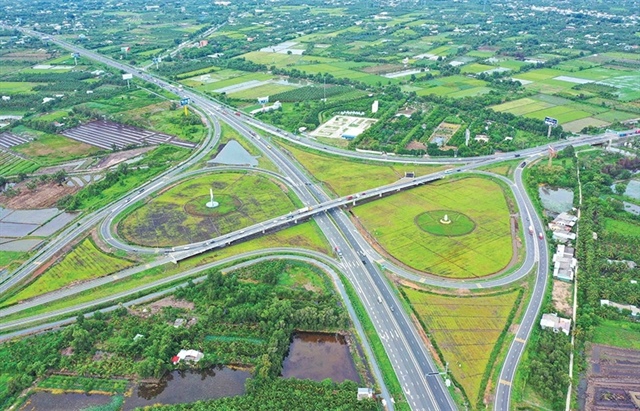Winning tenders on home turf a tough challenge for Vietnamese manufacturers
Winning tenders on home turf a tough challenge for Vietnamese manufacturers
Many Vietnamese manufacturers find it impossible to secure tenders called by local state-run enterprises, simply because the latter, which use government capital, do not want to use locally-made machinery or equipment.
Even though their products are qualified, they do not have the slightest chance to win the tenders, as the state-run businesses require that the goods be “imported in complete state from Singapore, South Korea, or G7 countries.”
“Most of the tenders called by the government, or companies where the state holds a majority stake, require that the products be 100 percent imported,” said Tran Thanh Trong, general director of SBMpower, which makes electricity generators.
“This kills all the winning chances of Vietnamese manufacturers on their home soil.”
In August last year, a state-run organization based in Ho Chi Minh City opened a tender for the procurement and installation of a 560 kVA power generator and requested that the machine be imported from G7 countries or the EU, Trong said.
“We can easily meet the requirement for the 560 kVA capacity because we are already capable of producing generators with a 2,500 kVA capacity,” he said.
“But it is impossible to meet the origin requirement.”
Ironically, the call for the tender states, “all qualified local and foreign businesses can submit their bids.”
Trong said he had questioned the organization over the contradictory clauses of the tender, and received a reply that they only wanted to use “power generators originating from countries with advanced industries to ensure stable electricity supply for our operations.”
Tran Tuan Anh, director of Pacific Elevator, a lift maker based in Ho Chi Minh City, said his company has encountered similar experience several times.
Anh added that it is easier to work with private customers than those who are state companies or organizations.
“Some have suggested I quote the false prices that are up to three times higher than the real value of the elevators, but I turned them down,” he said.
The businesses that open the tenders will enjoy that price disparity, which is possibly why they prefer buying from foreign manufacturers.
“Local businesses are more transparent when it comes to price quoting and tax payment, and it is difficult to quote false prices,” the chief executive of a manufacturer in Ho Chi Minh City explained.
“When buying from overseas, it is more difficult to check the prices and dishonesty is hard to be detected.”
On the other hand, the source added, state-run businesses may really want to have quality products so they underestimate domestic manufacturers.
Vo Hoang Nhan, an executive from a Ho Chi Minh City-based power firm, said the company usually requests that the products for which it invite bids come from Japan, South Korea, the EU, or G7 countries.
“This is only meant to keep Chinese products away, and that’s all,” he explained.
Nhan said the move is made after many businesses invited his company to buy Chinese products with dubious quality.
“Vietnamese-made products are always accepted if they are qualified.”


















